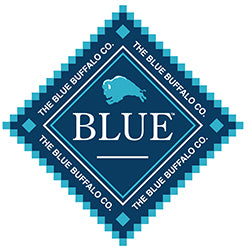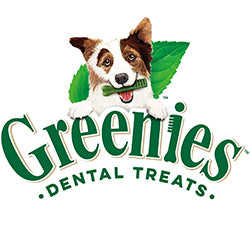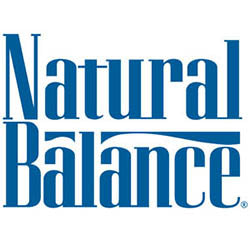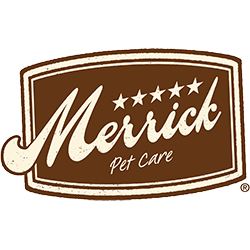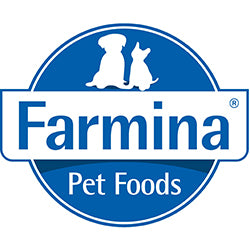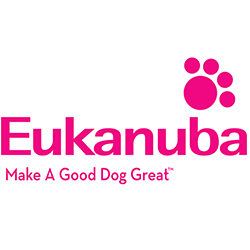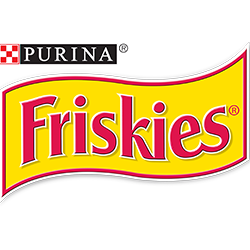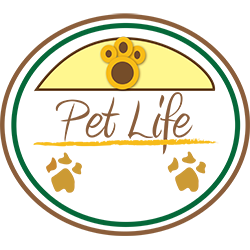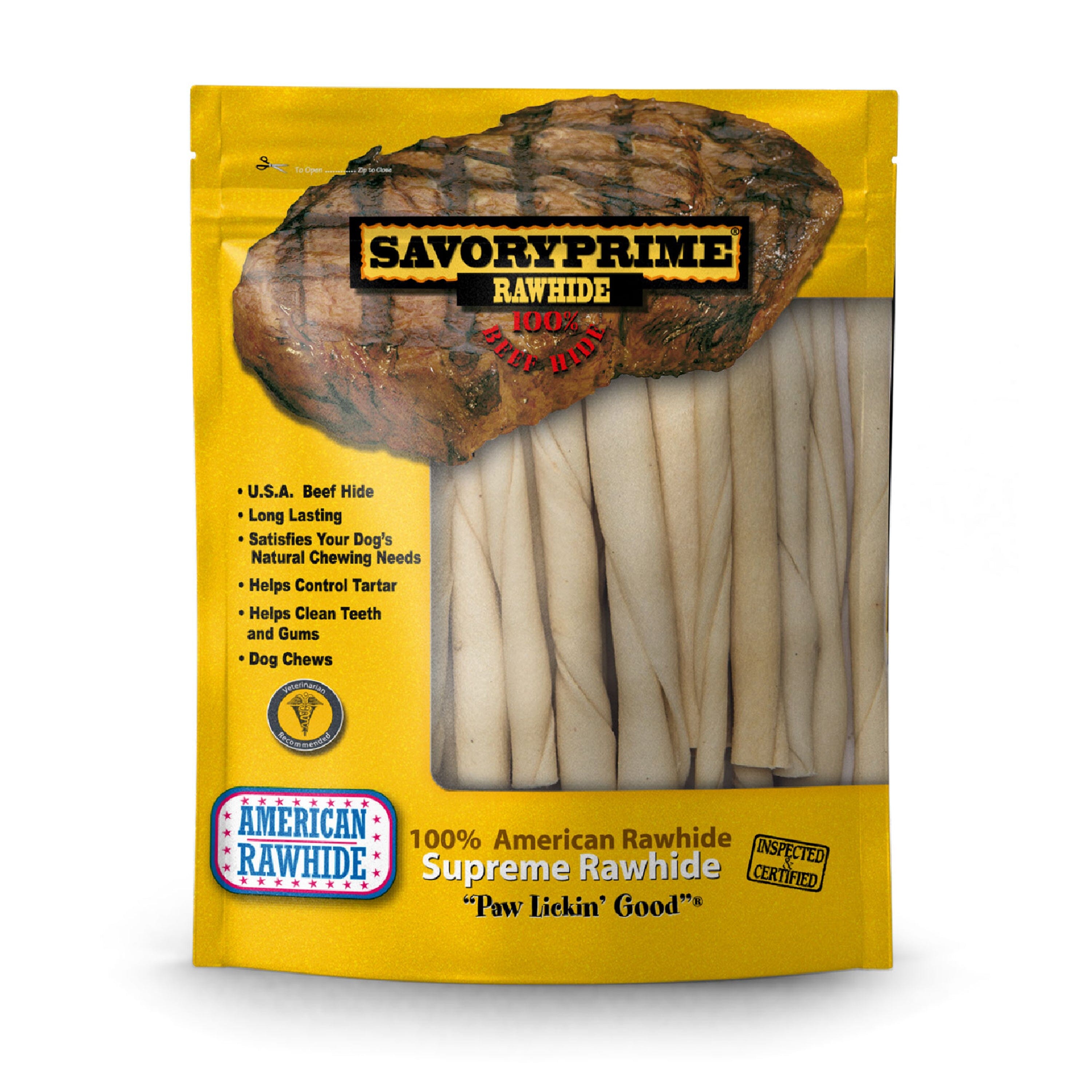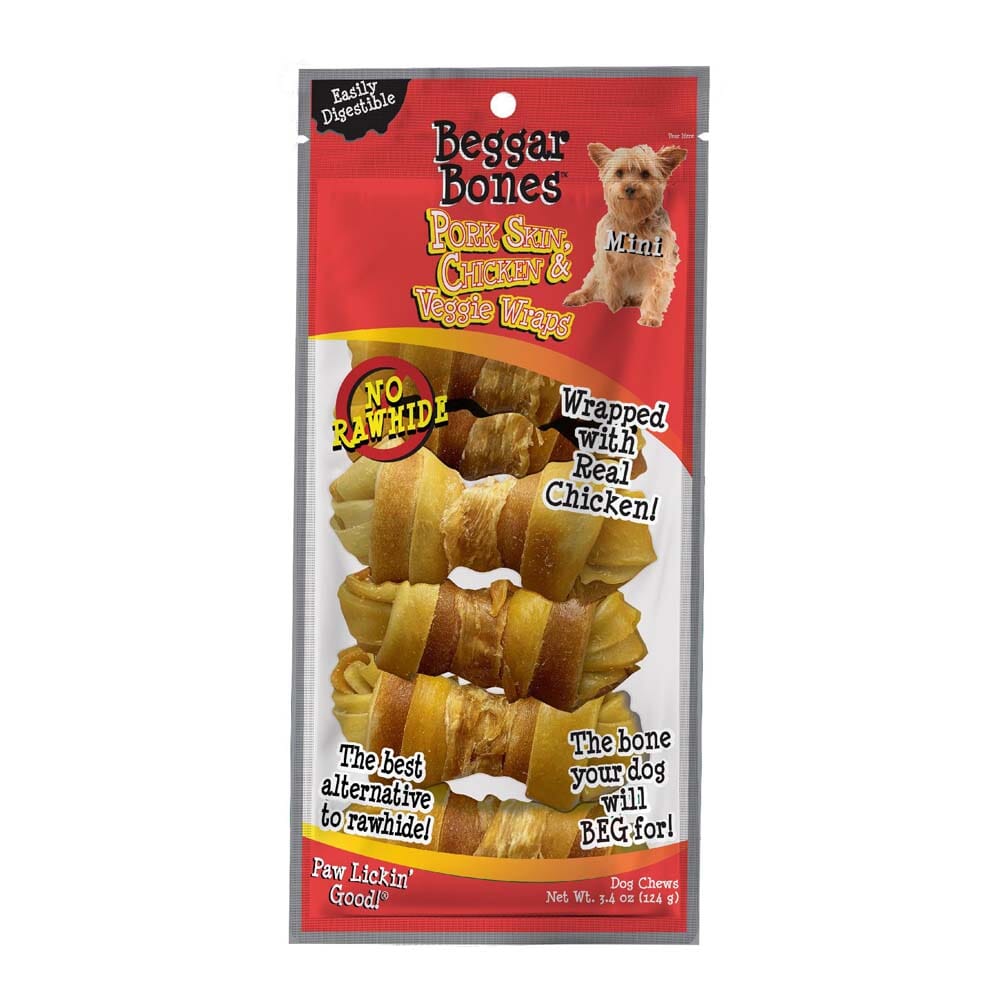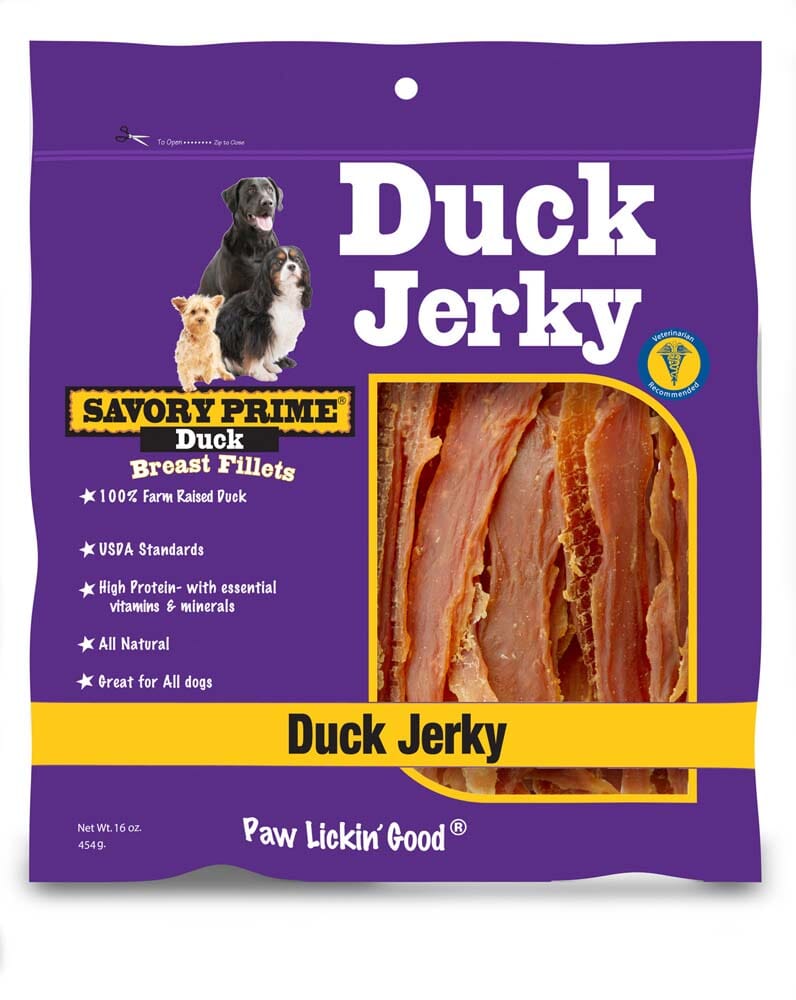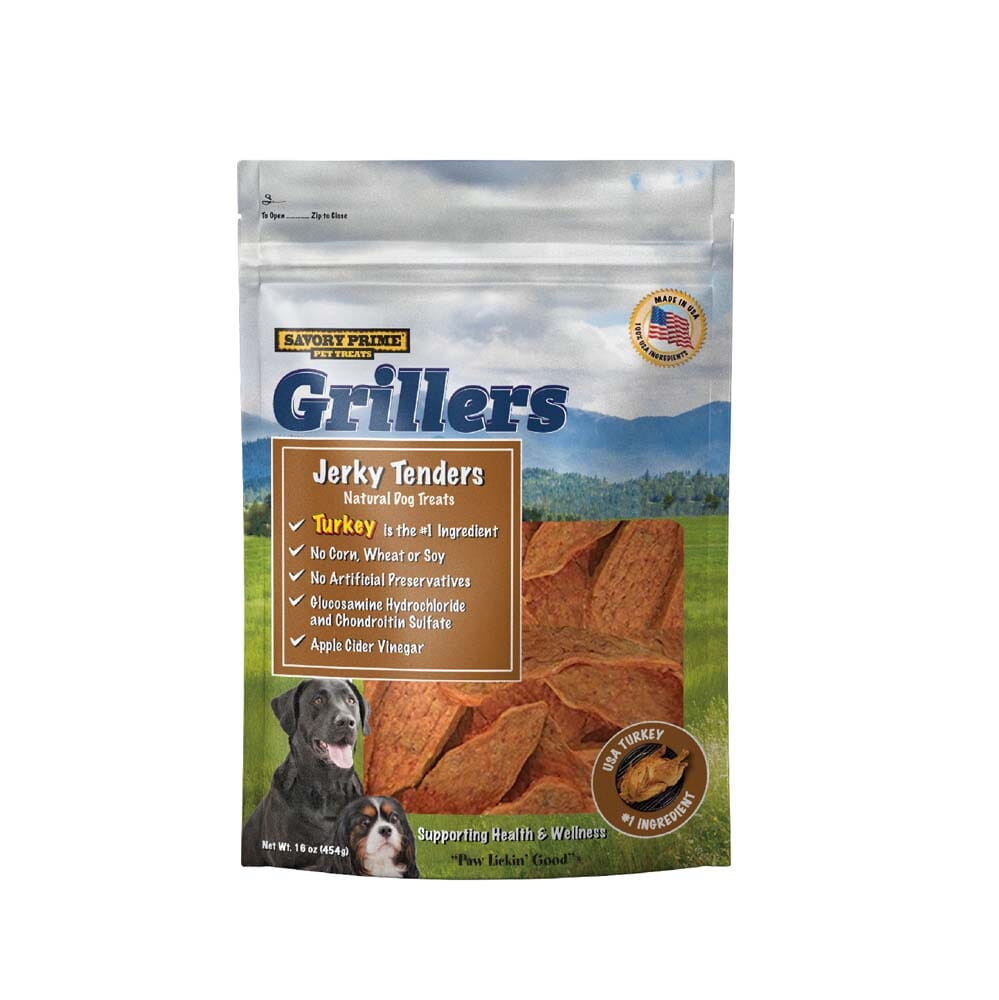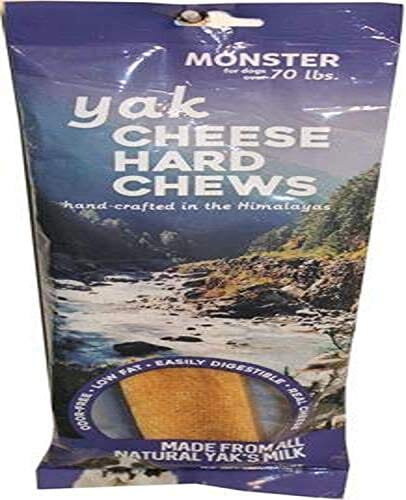Dog Treats

Nylabone Healthy Edibles Puppy Natural Long Lasting Dog Chew Treats Lamb & Apple - Small/Regular - 3 Count
- Sale price
- $6.25
- Regular price
- $7.50
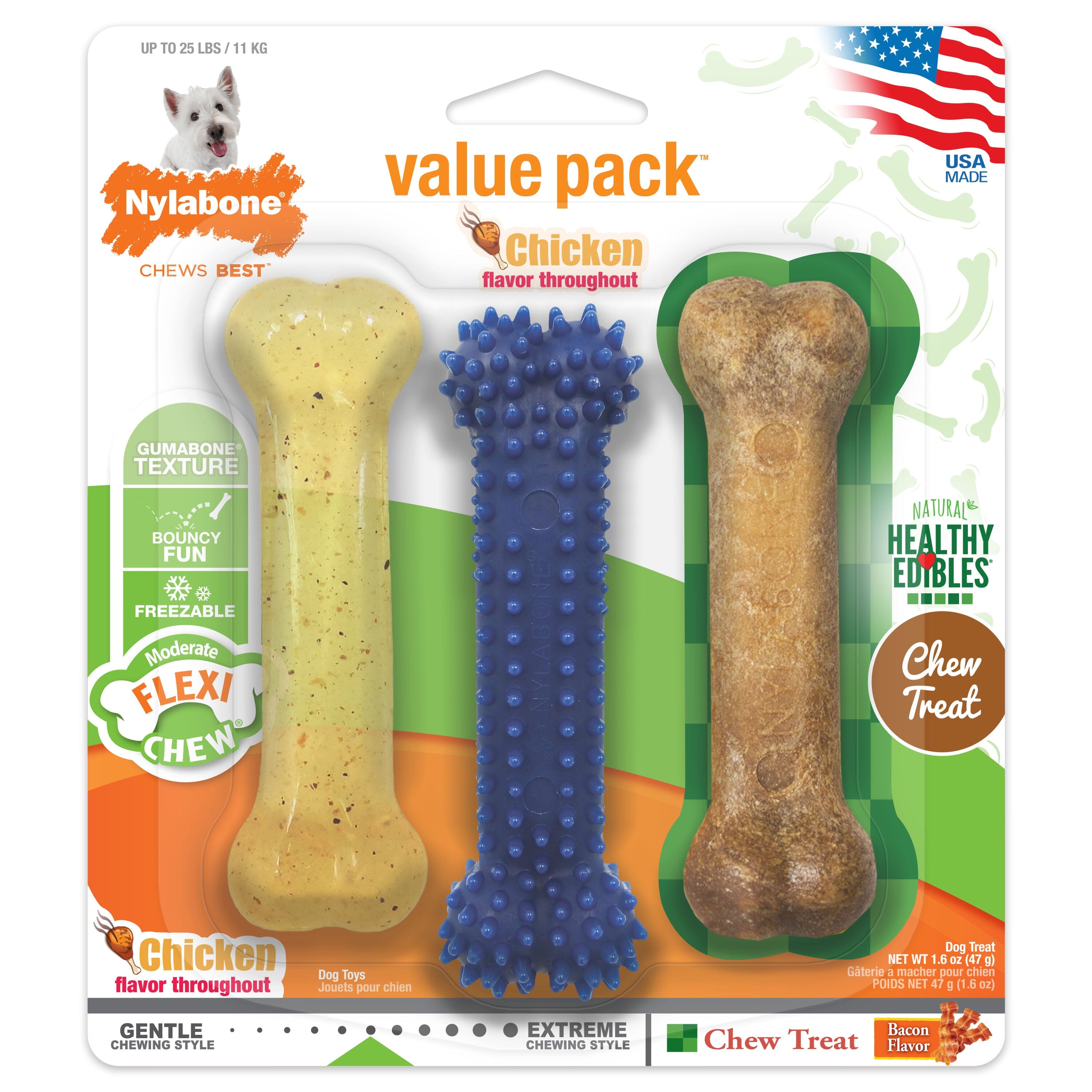
Nylabone Healthy Edibles and Flexi Chew Value Pack Flexi & Edibles Variety - Small/Regular - 3 Count
- Sale price
- $12.30
- Regular price
- $14.76
Nylabone Healthy Edibles All-Natural Long Lasting Bacon Flavor Chew Treats 12 Count Bacon - Small/Regular
- Sale price
- $19.31
- Regular price
- $23.17
Milk-Bone Brushing Chews Dog Treat Original - 25-49 lb - Small/Medium - 25 Count
- Sale price
- $14.89
- Regular price
- $17.87
Savory Prime Pressed Rawhide Twist Sticks Natural - 5 in - 30 pk
- Sale price
- $6.91
- Regular price
- $8.29
Savory Prime Beggar Bones Pork Skin, Chicken & Veggie Wraps Dog Treats - Small - 7 Pack
- Sale price
- $4.95
- Regular price
- $5.94
Savory Prime Girllers Jerky Tenders Dog Treats Chicken - 16 Oz
- Sale price
- $13.56
- Regular price
- $16.28
Savory Prime Girllers Jerky Tenders Dog Treats Turkey - 16 Oz
- Sale price
- $13.56
- Regular price
- $16.28
Wonder SnaXX Naturals Twist Dog Treat Peanut butter - Small/Medium - 6 Count
- Sale price
- $6.40
- Regular price
- $7.68
PK Naturals Everlasting Himalayan Dog Treat - 2 Oz - 2 Pack - Small
- Sale price
- $7.50
- Regular price
- $9
Pet 'N Shape Chik 'n Hide Twists Dog Treats - 15.3 Oz - 6 Pack
- Sale price
- $16.47
- Regular price
- $19.76
Exclusively Pet Dog Cookies Best Buddy Bones - Chicken Flavor - 15 lb
- Sale price
- $72.37
- Regular price
- $86.84
Exclusively Pet Dog Cookies Best Buddy Bits - Beef & Liver Flavor - 15 lb
- Sale price
- $72.37
- Regular price
- $86.84
Exclusively Pet Best Buddy Bones Grain-Free Dog Treats - Peanut Butter - 10 lb
- Sale price
- $68.66
- Regular price
- $82.39
Exclusively Pet Bakery Bear Gingerbread Cookies Dog Treats - Bulk - 15 lb
- Sale price
- $72.37
- Regular price
- $86.84
Yak Cheese Hard Chew Dog Dental and Hard Chews - Cheese - Monster
- Sale price
- $24.49
- Regular price
- $29.39
Wild Eats Twisted Cheek Natural Dog Chews - Buffalo - 8 - 9 In - 20 Count
- Sale price
- $51.12
- Regular price
- $61.34
Smokehouse USA Prime Slice Tendons Natural Dog Chews - Beef - 10 - 12 In - 20 Pack
- Sale price
- $105.30
- Regular price
- $126.36
Dog Treats
Dog treats are an essential part of your dog’s development and can be used to strengthen the bond between you and your pet. Besides, they can be used as a training aid, teaching them new tricks. However, with over 56% of dogs being obese, balancing your dog’s diet is a challenge. Giving your dog too many dog treats can be a hindrance. Hence, it’s vital to feel dog treats in moderation to keep your dog happy and healthy.
Crunchy Treats
Crunchy dog treats are the ones your find in your local convenience store and supermarket. These treats are common because of their cost-effective prices and longer shelf life. Dog biscuits and crunchy treats have the widest selection of flavors, textures, and shapes to keep your dog’s tail wagging. These treats are great for your dog, even if he is a picky eater, allowing him to enjoy the treats while being a good boy. While flavors, such as bacon, beef, and chicken treats, are a staple, feeding exotic and festive flavors, including pumpkin, bison, and lamb dog treats, adds a new layer of flavors for your dog to try. They're fun for snacking; some are even human-grade, while others are freshly baked.
We also carry an assortment of holiday dog biscuits and more. Feel free to check out our shop to see what dog biscuits, treats, and chews are up for sale.
Dental Treats
Taking care of your dog’s teeth is vital. While dog dental care can help, dental dog treats and hard chews can assist your dog in fighting bacteria, plaque, and tartar buildup. Over 80% of dogs have some stage of periodontal disease, also known as gum disease, by the age of three.
Dental treats are available in hard and soft dental chews. These delicious dog treats can aid in fighting the bacteria in between brushing to help keep their teeth sparkling. Hard dog chews can also help with various other factors, such as digestive health dog treats for sensitive stomachs and breath care dog treats to take care of their breath.
Dental treats can aid your overall dog’s health, making them an optimal choice when choosing the suitable treats. They help fight plaque, tartar, and gingivitis that can have a lasting effect on your dog’s overall health, just like in humanoids.
Soft and Chewy Treats
Soft and chewy dog treats are among the best options when talking about the tastiest and savory treats. These come with formulated treats and are commonly used when training dogs, promoting their brain health while helping them retain the training lessons.
Besides, soft treats are easier to chew, offering senior dogs an easier time eating these than hard chews that can potentially hurt their teeth and gums. Gluten-free and grain-free dog treats have been gaining popularity over the years. A large selection of speciality diet dog treats means that you can ensure your dog gets the nutrition he needs.
Dog Bully Sticks
Instead of punishing your dog for gnawing and chewing that they do in the wild, give your dog something to enjoy! Bully sticks and natural dog chews are a great way to keep your dog busy for hours. Besides, bully sticks are healthy dog treats made with natural ingredients, so you don’t have to worry about your dog digesting pieces. Natural chews also benefit most dog treats without the added preservatives, ensuring a healthier and happier pup.
Bully sticks and natural chews combine the best of dog treats and dog toys into one category. Furthermore, pet owners don’t have to worry about the mess, as the dog will likely eat the pieces he rips off.
Jerky Dog Treats
When you want to fulfill your dog’s wild side, jerky dog treats are the perfect destination for the flavor nation. These healthy dog treats are perfect for a rugged dog who loves the outdoors and wants a good treat from time to time. Pet Life offers jerky treats for every dog, ranging from small puppies to senior dog treats while assisting an old dog in learning new tricks. Even picky pooches and treat connoisseurs howl in excitement once they get a taste of our exotic jerky with flavors, including pheasant, rabbit, and venison, thus leaving their mouths watering for more. Give your dog a taste of our wild jerky treats that are enough to turn an aggressive dog into a good one.
Freeze-Dried Treats
With plenty of dog treat options out there, pet owners often overlook freeze-dried dog treats. Such dog treats seal the flavor by getting rid of the excess water in the treats. This method helps the treats last longer than other alternatives while compressing more protein in a smaller package.
With freeze-dried dog treats, there isn’t a need to add additional preservatives to keep dog treats fresh, making them a better alternative than traditional dog treats. This means that freeze-dried treats are often made of single ingredients and even raw ingredients, providing a nutritionally better and tastier diet for your dog.
Dehydrated Dog Treats
Dehydrated dog treats are similar to freeze-dried ones; they are minimally processed and made with limited ingredients that seal the flavor without the additives found in regular dog treats. These treats are made with natural ingredients, allowing dogs with digestive issues or allergies to certain foods to rejoice and enjoy dehydrated treats. There's no wondering why dehydrated dog treats are a popular option as these treats are specially formulated and pack all the required vitamins and minerals to increase your dog’s immune health.
Shop dog chews online to fill your treat jar with various popular tail-wagging treats. However, depending on the size and breed, knowing what treats to buy for your dog is as vital as the flavors. This will keep your dog’s diet in check without giving him too many treats. When creating your dog’s nutrition plan, consider how many treats you’re giving him daily to avoid overfeeding.
Puppy Dog Treats
When your puppy is in its early stages of development, it's vital to have a specific nutrition plan and meals to support his growing body. Unlike dog food, finding formulated puppy dog treats is somewhat tricky. These treats are packed with additional nutrients, thus providing puppies with extra protein to help sustain bone and muscle health. While dog owners often feed their puppies with adult dog treats, they are formulated to maintain their health rather than support development. Hence, it’s ideal to look for dog treats that won’t hinder your dog’s growth.
Adult Dog Treats
The dog food diet changes once your dog reaches adult stages, but the dog treats usually stay the same. Sometimes, these treats include vitamins and minerals to support their brain health and digestive and immune system. Knowing when your dog needs to transit to adult dog treats is vital to avoid a choking hazard with smaller treats.
Treats don’t have the same nutritional value as dog food, so they aren’t dangerous to give to your dog in moderation. Small-sized dogs reach physical maturity between 10-12 months of age; medium-sized dogs reach physical maturity between 12-16 months of age, while large dogs can take up to two years before achieving physical maturity. However, you might want to transit larger dogs to larger treats quicker than smaller dogs.
Healthy Dog Treats
Specialty and homemade dog treats that are gluten-free, GMO-free, and grain-free come to mind when looking for the healthiest options for your dog. Low hypoglycemic, high protein, and even low protein healthy dog treats are ideal for supporting your dog’s healthy habits while maintaining weight.
In addition, there are vegetarian dog treat options that support the dog and your lifestyle choices.
New and Interesting Dog Treat Options
While everyone knows the standard and rawhide dog treats, there are numerous other options out there, with new treats developing daily. These include raw dog treats with new flavors and even human-grade dog treats that add to the taste and well-being of your dog.
Pill-covered dog treats are a great way to help your dogs take their medicine. Pill Pockets are excellent for training your dog while giving him the nutrition. Besides, some dogs have trouble swallowing their pills; pill pockets can allow dogs to take pills with delight instead of fright.
While rawhide treats have been a staple for years, dog owners have been stepping away from them and looking for rawhide-free dog treat alternatives to avoid digestion issues associated with rawhide.
Dogs with anxiety have a hard time relaxing, and that’s where calming dog treats can help. Choosing the right dog treats for your dog can get confusing with so many options available. Remember, your dog’s health is the most critical aspect when looking for dog treats, so treat them right with Pet Life’s dog treats.
It's vital to always research your dog’s needs and dietary restrictions before purchasing whatever dog treat options you are looking for. Depending on the dog’s breed and size, the requirements change as they evolve; hence, it's always an excellent choice to consult your local vet for recommendations before buying a dog treat recipe. Consulting will also allow you to determine if your pet’s stomach is equipped to handle certain treats than others out there. If you're a professional and know your dog, then go right ahead. However, dog owners who need assistance should seek counsel from professionals who can properly direct them before making any purchases.
People Often Ask:
Formulated or homemade dog treats are a great way to incorporate natural food into your pet’s diet, impacting his physical and mental health. Besides, some dog treats are designed to maintain or enhance your pet’s dental health.
Dog treats are a great way to reward or motivate your canine during training or encourage good behavior.
The right way of feeding dog treats depends on the current “training goals.” Avoid waving dog treats in the air; instead, bring treats closer to your pet’s face or hold them under his mouth or at chest level. This method allows your dog to take it without jumping or snapping easily.
However, every dog is unique, so you might want to experiment with the feeding method to determine the best spot.
Typically, dog treats should cover around 10% of your dog’s calorie intake. Smaller dogs have fewer dog treats requirements than larger ones. For example, if your dog requires 300 calories per day, dog treats should not cover more than 30 calories, with the rest 260 calories coming from other dog food.
Avoid overfeeding your dog with these treats as they can cause digestion issues and obesity.
The storage method varies depending on the type of dog treat. Ideally, you should pour meat or fish-based treats in airtight containers or bags and store them in the fridge. Besides, you can store dog treats in a cool, dry location; however, ensure your pet cannot access them.

